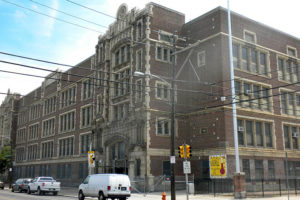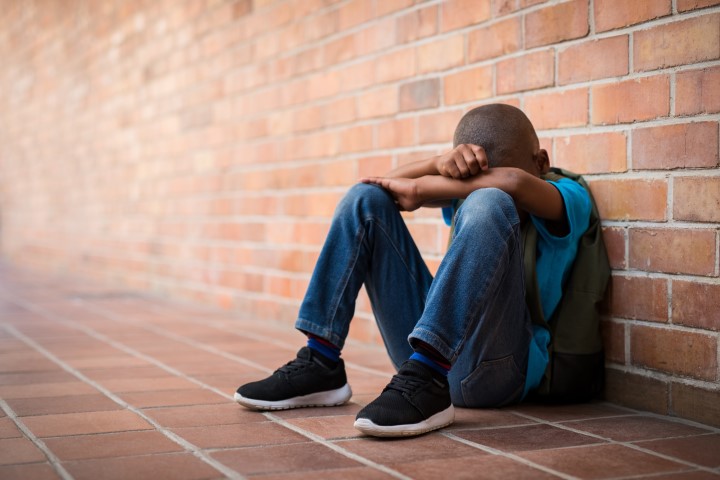The island nation of Barbados may soon officially adopt restorative practices as part of its national education model, according to a Canadian social justice group works to train educators on the softer approach to student discipline.


The island nation of Barbados may soon officially adopt restorative practices as part of its national education model, according to a Canadian social justice group who works to train educators on an alternative approach to student discipline.
Velma Newton, regional director of the Canada-based IMPACT Justice, told Barbados TODAY the group has trained 219 Barbadian educators out of 867 in the Caribbean on restorative practices, which aim to create discussion and conversations and repair relationships when student conflicts arise.
The intervention method, which has also gained momentum in U.S. school districts in recent years, is based on restorative justice practices in the criminal justice system dating back to the 1970s that rely on mediation and reconciliation between offenders and victims, rather than punishments or zero-tolerance policies.
“We have trained over 100 educators in Barbados. We have done principals, deputy principals, guidance counselors, ordinary teachers, education officers, representatives of all groups in the educational system … because we firmly believe that the restorative practices, the principles, if properly applied, can help to curb violence,” Newton told the news site.
Newton said IMPACT Justice is working with Senior Education Officer Patricia Warner and Guidance Counselor Julia Edey to train all educators on restorative practices. The group also hopes to include the principal of the local Erdiston Teachers Training College in those sessions, as well, “because we would like restorative practices to be included in their curriculum so that as class teachers are trained, they would get used to the concepts and how to apply them in schools.”
The intent is to eventually create a regional association to advocate for restorative practices in all schools, Newton said, adding that Minister of Education Santia Bradshaw seemingly supports the effort.
Newton wrote to Bradshaw about including restorative justice in the curriculum, and “her response shows that she is willing to look at restorative practices as something that can be included in the curriculum, not necessarily in secondary schools … (but) certainly we include it as a practice,” Newton told Barbados TODAY.
Researchers at the Institute for Advanced Studies in Culture have noted the significant impact school culture has on students’ character, and why efforts to create a positive learning environment is critical.
Institute founder James Davison Hunter wrote in “The Tragedy of Moral Education in America”:
The form of character is one thing, but the substance of character always takes shape relative to the culture in which it is found.
While IMPACT Justice and other groups focus on restorative practices designed to repair harm stemming from student conflicts, others offer resources for preventing school violence, bullying, suicide and other issues in advance.
The Olweus Bullying Prevention Program, for one, offers a “prevention curriculum,” suggestions for a “peaceful school bus,” “comprehensive suicide awareness,” and other materials to help parents and educators to keep kids safe at school.
The Olweus site features online courses and reports about bullying, readiness assessments and training certifications, as well.